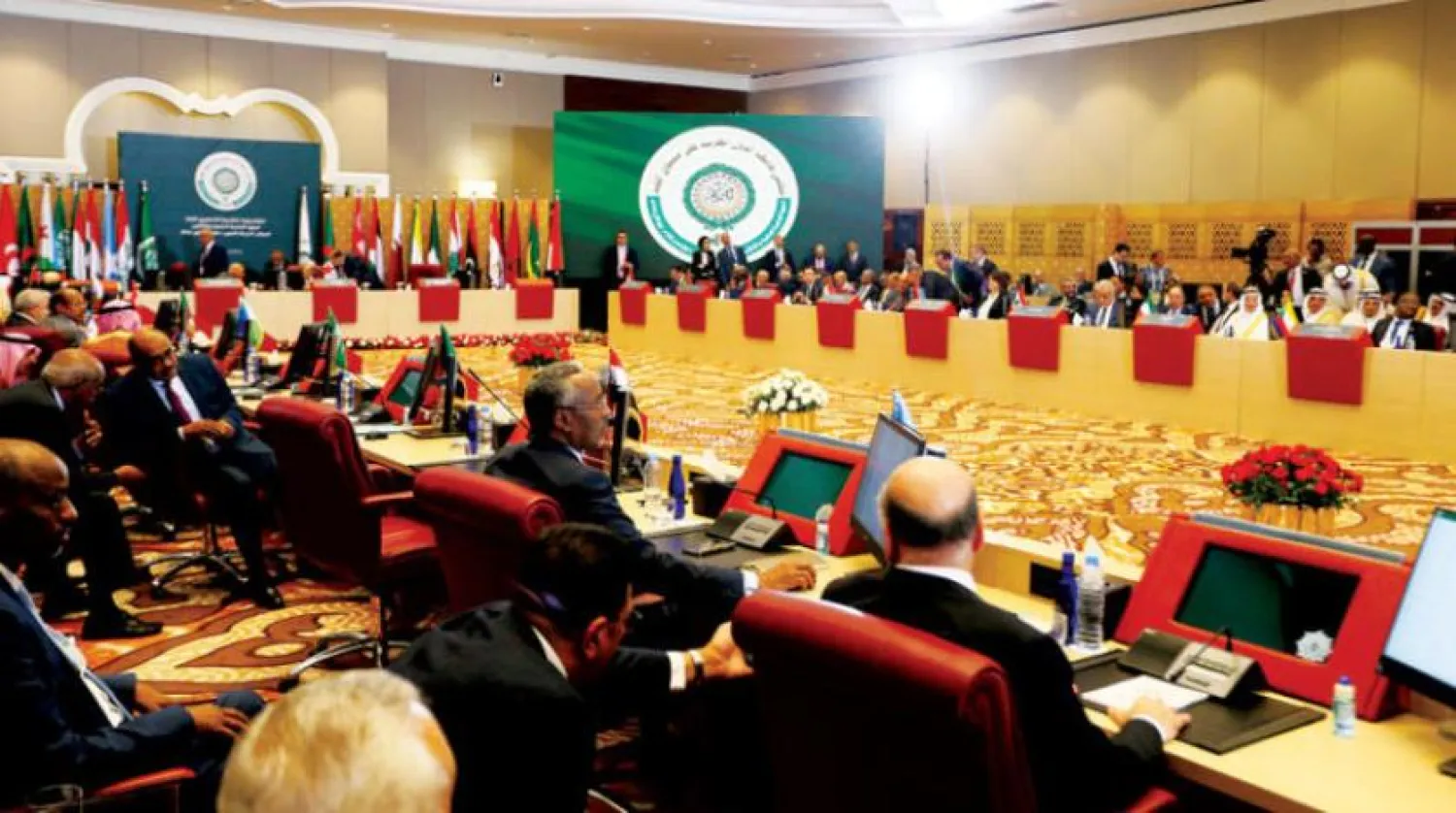A senior Arab League official said on Sunday that regional foreign ministers have approved main topics for discussion at the bloc’s upcoming summit scheduled for Tuesday in the Algerian capital.
Assistant Secretary-General of the Arab League Hossam Zaki told reporters that “present tensions” were contained and that Arab foreign ministers were able to find consensus on the topics that will be discussed by Arab League leaders in their upcoming summit.
“All the issues that have been discussed have reached consensus, and we look forward to a successful summit on November 1 and 2,” said Zaki.
He said ministers reached agreement on all the proposed draft resolutions included on the agenda, and that “none of its items will be postponed.”
“Indicators show that we are heading towards a successful summit,” he affirmed, adding that Arab foreign ministers are now in agreement and that “matters are clear for the Arab League.”
Meanwhile, Zaki denied news reported by some media outlets about a “disagreement regarding some of the meeting's terms,” stressing that “all tensions were contained, and the meetings took place in an atmosphere of cordiality and respect.”
Zaki refrained from going into detail about what he labeled as “tensions.”
When asked about amendments to the Arab League Charter, Zaki said it was not currently on the summit’s agenda.
As for the Sudan Food Security Initiative, Zaki confirmed that the summit will adopt a supportive position for the North African nation, especially within the decision presented by the Arab League’s economic and social council regarding the integrated strategy for Arab food security.
Algerian Foreign Minister Ramtane Lamamra, for his part, said that the meeting of the Arab foreign ministers “allowed reaching consensual results, after rich and in-depth consultations.”
Arab League foreign ministers, in their meeting, discussed 19 items, the most important of which are the Palestinian cause, the Arab-Israeli conflict, support for Lebanon, and developments of the Syrian crisis.
They also addressed developments in Libya, the situation in Yemen, support for peace and development in Sudan, as well as support for Somalia and the Comoros.
Moreover, the meeting tackled Iran’s occupation of the three Emirati islands and its interference in the internal affairs of Arab countries.
The ministers also took a unified position regarding the Turkish violation of Iraqi sovereignty, the maintenance of Arab national security, and the fight against terrorism.









